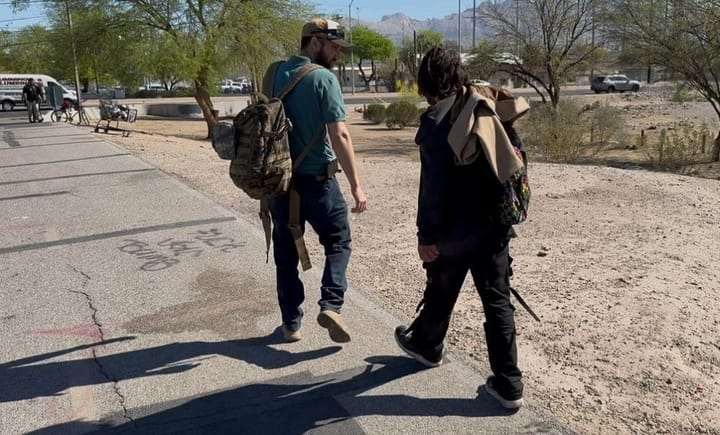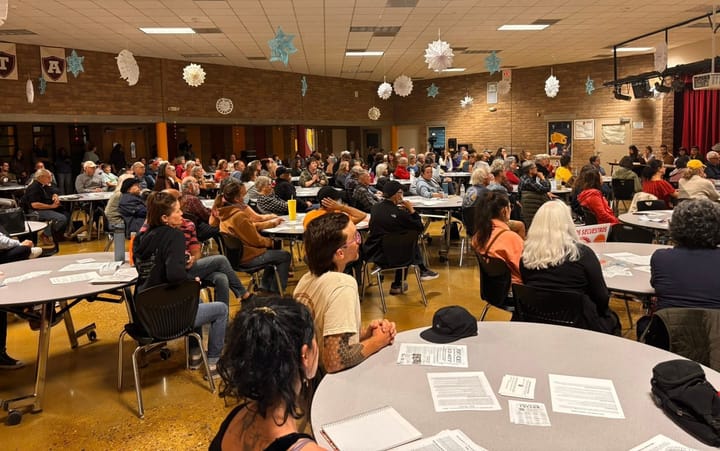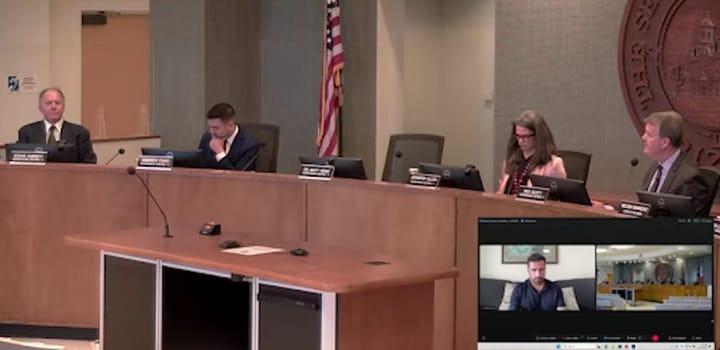Federal cuts threaten HIV care across Southern Arizona
Cuts to the Ryan White Program and other federal funding are forcing SAAF and its partners to reduce essential HIV services, threatening care and support for low-income clients in southern Arizona.
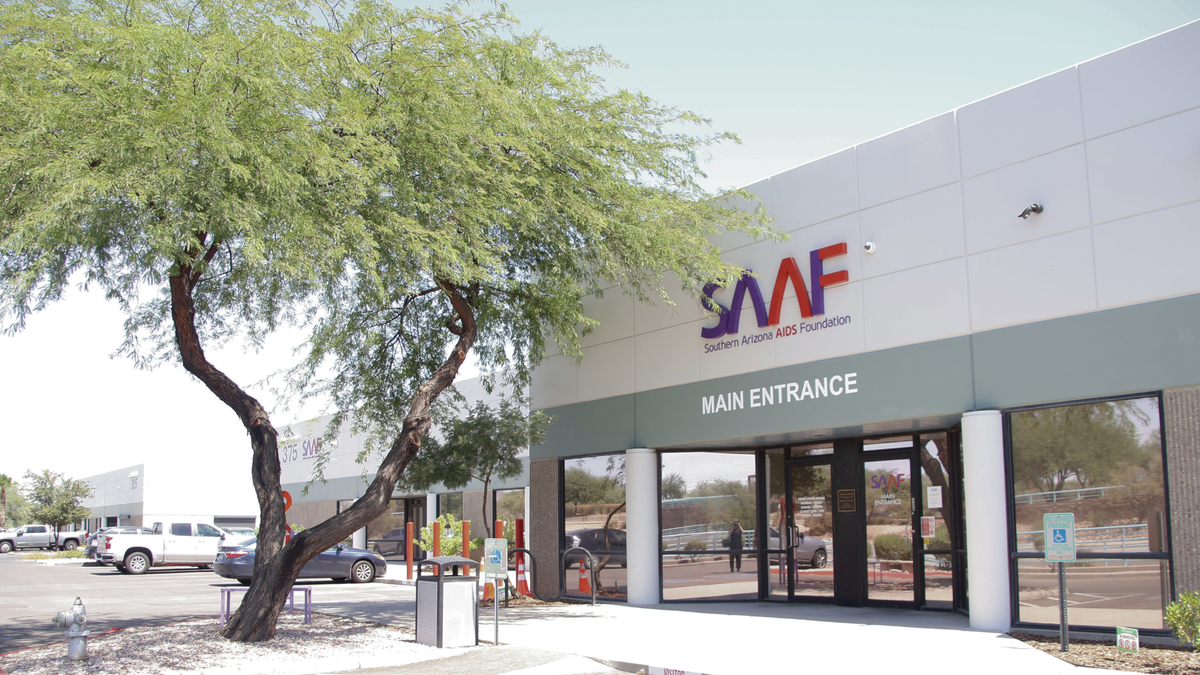
Federal funding cuts are forcing the Southern Arizona AIDS Foundation and its community partners to scale back critical services for people living with HIV, reducing housing, food, utility and medical support for hundreds of low-income clients across the region.
At a press conference Tuesday, SAAF reported a $2 million loss in program funding, most from the Ryan White HIV/AIDS Program, and warned that additional reductions could further strain services for low-income clients.
Enacted in the 1990s in response to the AIDS epidemic, the Ryan White HIV/AIDS Program has provided treatment and support to more than half of all people diagnosed with HIV or AIDS, focusing on patients facing insurance gaps or limited incomes.
“We haven't seen this type of across-the-board cuts and threats of cuts for a very long time,” said interim CEO Beth Morrison.
In January, the Trump administration rolled back diversity, equity, and inclusion initiatives, making it harder for clinics to secure grant funding if their applications referenced marginalized communities, including the LGBTQ+ community, which is disproportionately affected by HIV and AIDS.
In March, the federal government suggested the Department of Health and Human Services consolidate multiple federal agencies into the Administration for a Healthy America as part of its proposed budget plans, including the Health Resources and Services Administration, which oversees Ryan White funding.
That proposal included a cut to Part F of the Ryan White Program, which funds innovative models of HIV care as well as dental coverage.
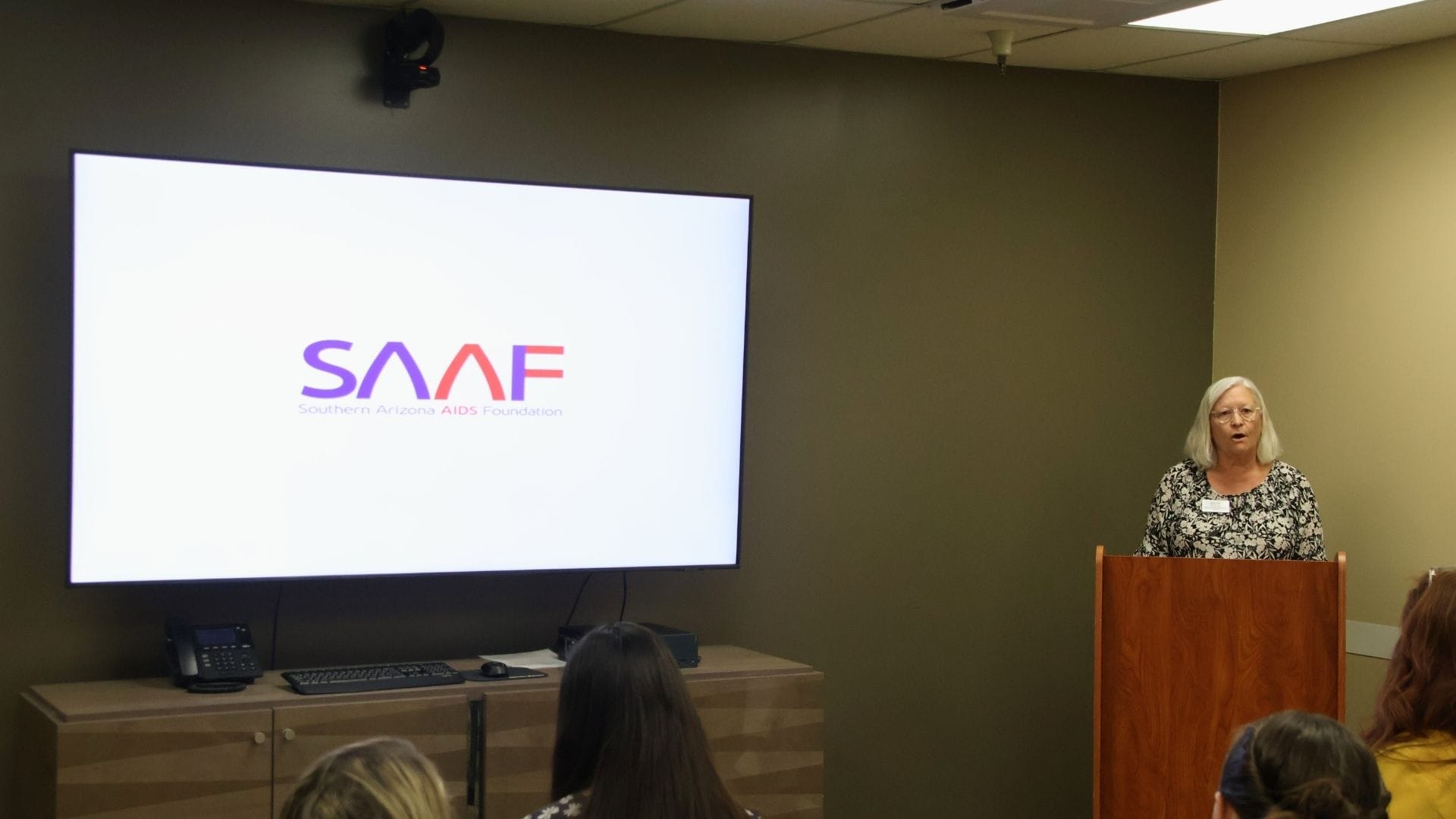
In April, HRSA announced a limit to the use of Ryan White funds by revoking a policy previously allowing funds to be used for gender-affirming care, potentially disrupting the care and retention of trans patients with HIV and AIDS.
In May, Office of Management Director Russell Vought sent the Senate a letter requesting about $163 billion in non-defense spending cuts for the 2026 federal budget, including reductions to the Ryan White Program’s education, outreach, and maternal and child healthcare services.
“We have had money taken back, we've had money frozen, we've had money returned. We've had grants put on hold through appeals,” Morrison said. “We are very frightened of the possibility that that number is going to grow.”
Chris Charles, SAAF’s chief program officer, said several assistance programs, including one that many clients rely on, are now in jeopardy.
“Our utility program is one of the major things that clients access on a daily basis as they need assistance with the increased utility cost, making that decision on whether they pay their rent, pay for utilities, or pay for food,” Charles said.
SAAF reported a $60,000 loss in Ryan White Part A funds, which had supported utility assistance for clients in Maricopa and Pinal counties.
“With these funding cuts and losses, we're now reducing the amount of client support we're able to do,” Charles said. “These programs are vital to the success (and) the health of our clients.”
A 2022 report from the Health Resources and Services Administration found more than half of Ryan White-funded clients had incomes at or below the poverty line.
In addition to utility assistance, SAAF provides clients with food, dental, and housing support — a program that previously served 252 clients but now serves just 150.
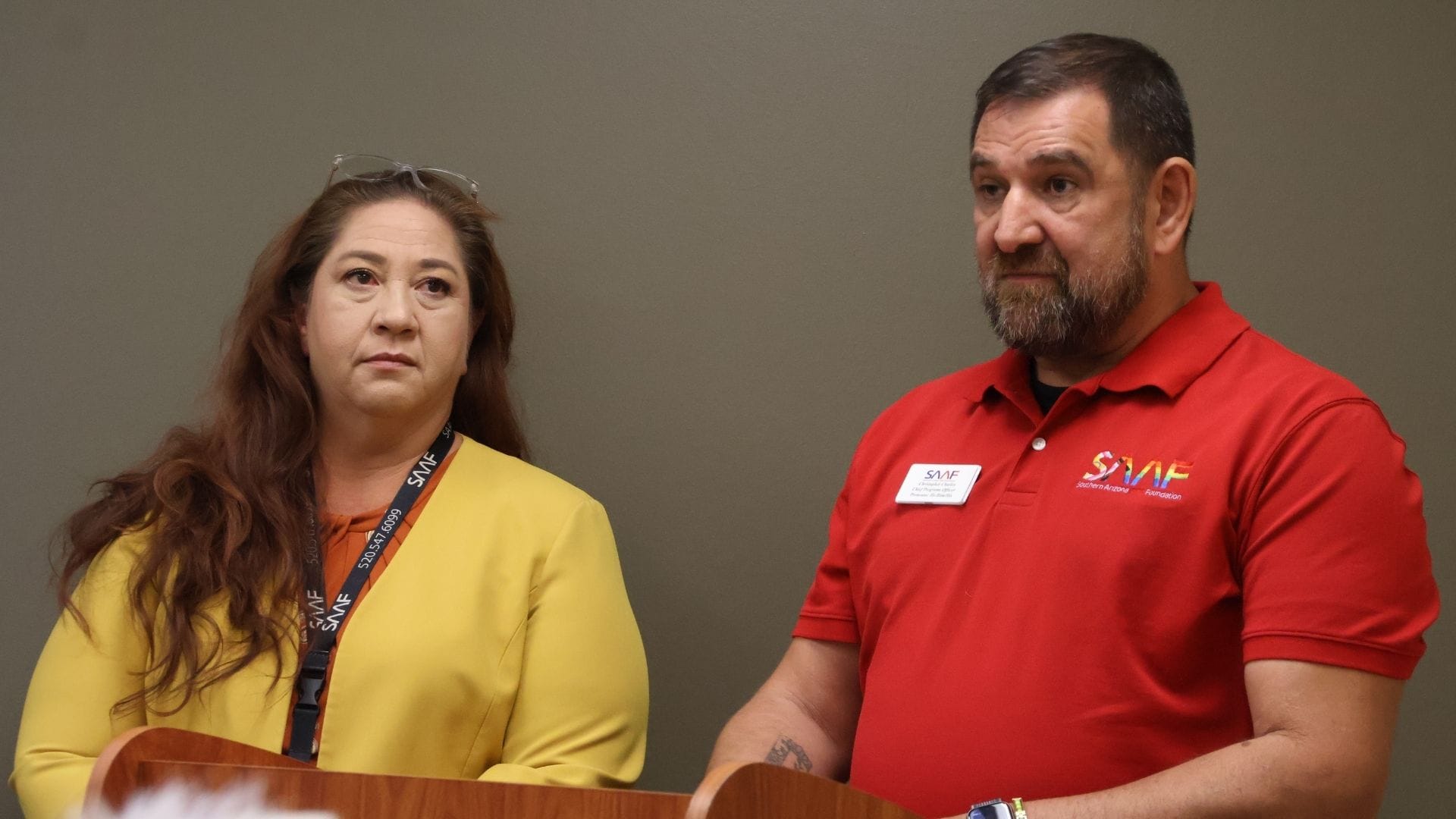
While the City of Tucson provided additional funding for SAAF’s housing program, cuts are also affecting the support staff who manage clients’ needs.
Charles also reported that due to a combination of cuts to the Supplemental Nutrition Assistance Program and local food bank funding, patients are relying on SAAF for food.
Due to fiscal constraints, SAAF’s food program has been reduced from providing 40 pounds of food per week to 30 pounds.
Chief Clinical Officer Jamie Dromgoole-Hernandez oversees both the health clinic and prevention department, which in tandem provides broader disease surveillance and treatment outside of HIV and AIDS, including hepatitis C and sexually transmitted infections.
The prevention department also oversees clean needle exchanges through its Syringe Access Program.
“We had to let go of quite a few of our staff members, which now directly affects how many people we can serve, how well we can serve, how often we can be out in the community,” Dromgoole-Hernandez said.
Although the state eventually provided funding for staff positions in her department, the delay set them back three months, as previously let-go employees had moved on to other jobs.
Dromgoole-Hernandez reported the prevention department is currently down to four people, when 10 to 11 staff members is ideal.
Staff cuts have not affected testing hours at the clinic but have limited the days and times clients can access clean needles.
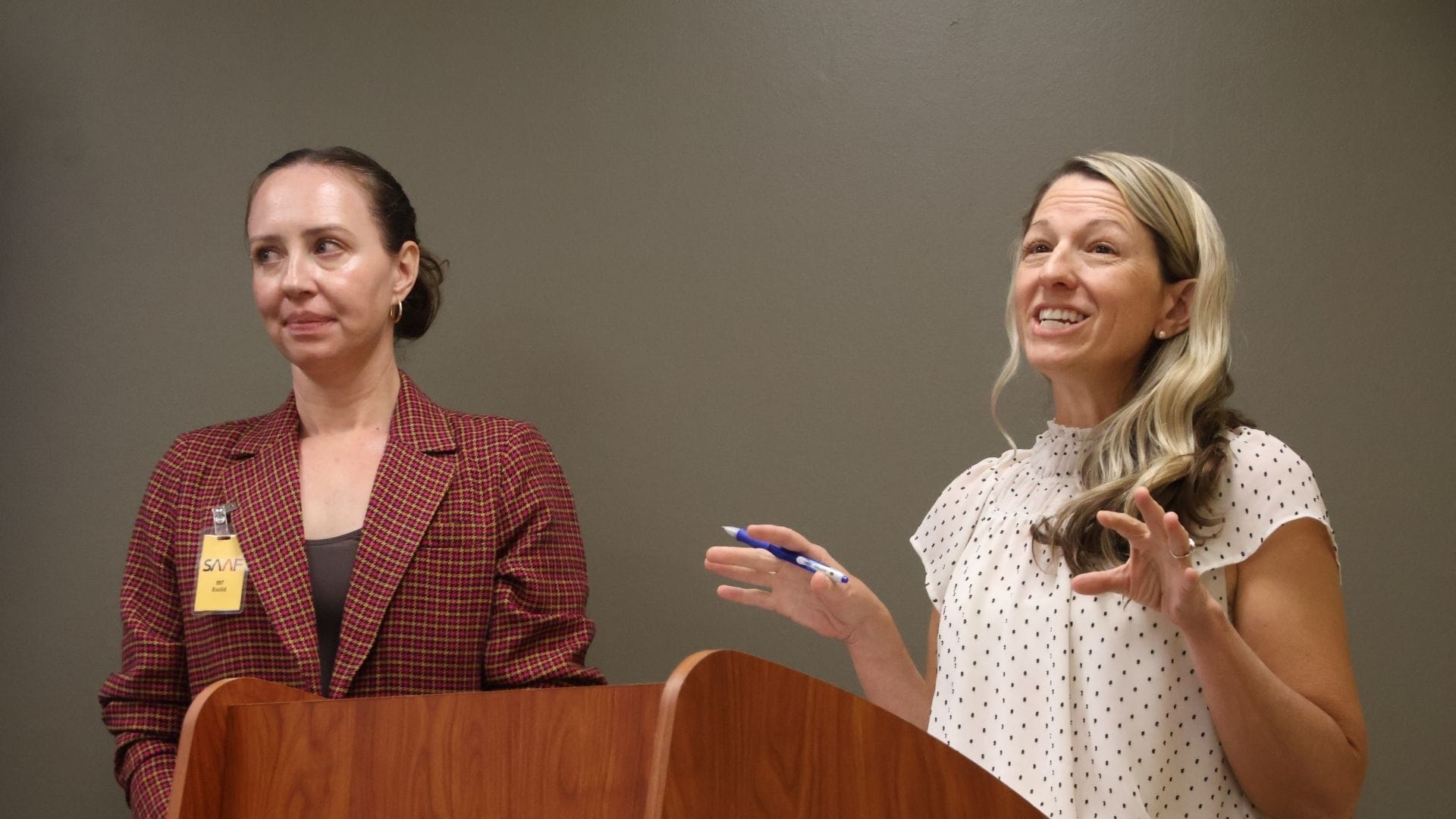
Fiscal impacts have affected not only SAAF but also its community partners.
The University of Arizona’s Petersen HIV Clinic serves 1,000 patients and provides HIV prevention services, including prescriptions for pre-exposure and post-exposure prophylaxis medications.
The clinic’s federal funding supports not only medical care but also case management services, including assistance with insurance and referrals to SAAF programs.
“The reason we care so much about this is that the goal really is to stabilize the patient,” said Petersen HIV Clinic Program Director Alyssa Guido. “The science is clear that when patients receive HIV care and medication, they can live long, healthy lives. When patients are adherent to their HIV medication, their viral load is undetectable. If patients have undetectable viral load, they cannot transmit HIV to sexual partners, which means there's less HIV transmission happening in our community.”
Dr. Danielle Avila, principal investigator for the Petersen HIV Clinic, emphasized the importance of continuity of care.
“HIV is not going away,” Avila said. “I continue to see new diagnoses with advanced disease, mostly in my clinic and in my hospital practice as well, and this certainly deserves attention and ongoing support.”
Dr. Sudha Nagalingam, medical director of the Special Immunology Associates at El Rio Health, said El Rio has lost about $800,000 in funding. Concerns over broad Medicaid cuts have raised worries about patient access to care and medication, with some even considering leaving the country to receive treatment.
Nagalingam’s department serves about 1,700 patients living with HIV and also addresses care gaps left by other clinic departments.
“In the last five years, our clinic has stepped up to help the county health department with COVID testing (and) vaccination (and) has stepped up with Mpox,” she said. “We've stepped up even to manage syphilis in pregnancy when there was a shortage of penicillin here in our community. It's a call for action for us to advocate, but really keep on pushing forward.”
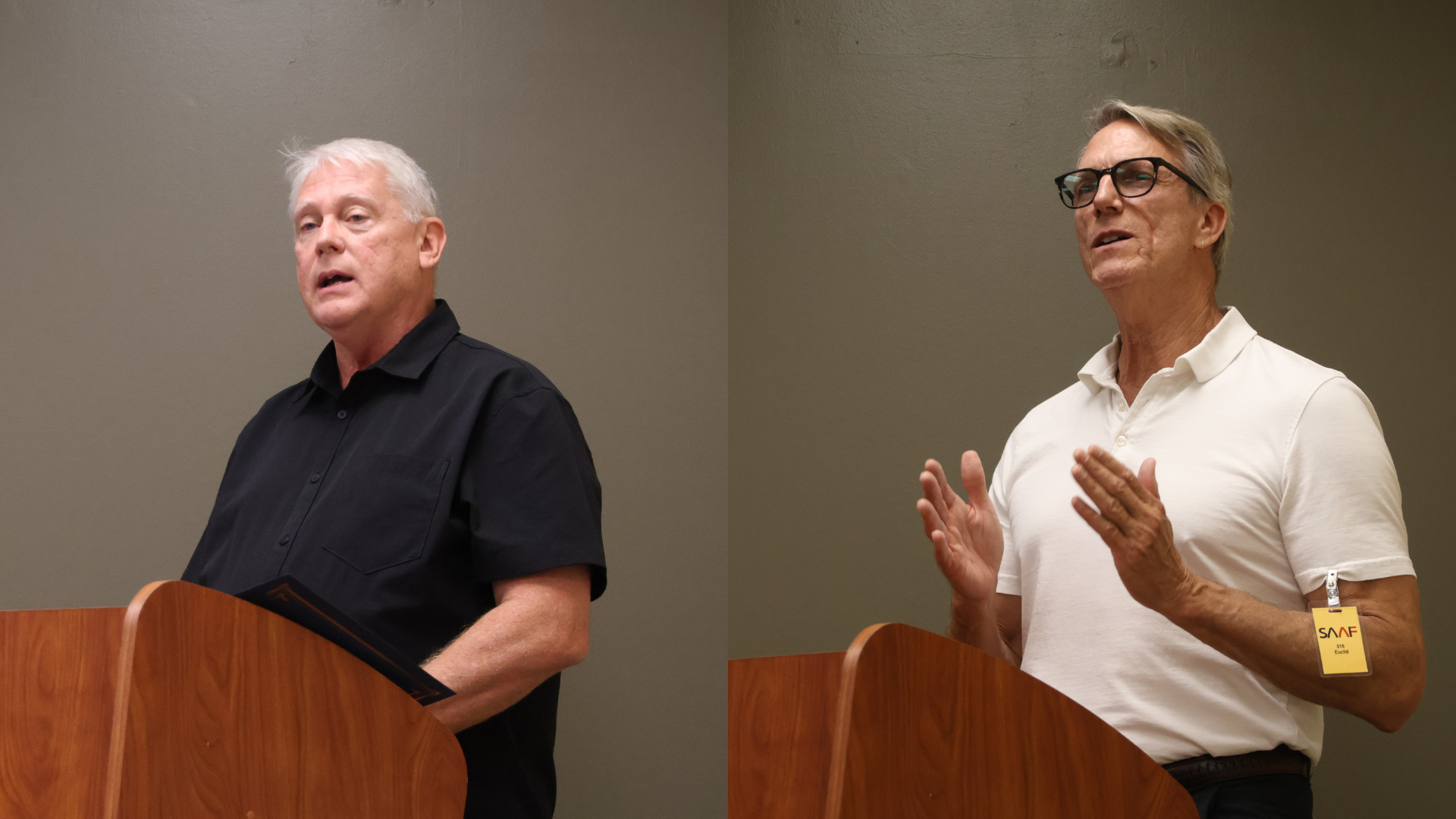
In late July, SAAF was notified that the Spectrum Program, in collaboration with the Southwest Institute for Research on Women and offering youth free HIV testing, mental and behavioral health counseling, and individualized resource support, will end in September.
“I moved (to Tucson) 30 years ago to die. In those 30 years, we made progress,” said Curt Beal, a volunteer with Tucson Interfaith HIV/AIDS Network, SAAF patient, and one of more than 18,000 Arizonans living with HIV. “It's so heart-wrenching to see what's happening at the price of programs that would help individuals like myself. We help people live a full life. I'm an example of that.”
TIHAN Executive Director Scott Blades has met with community members at El Rio, Petersen, and the VA to support them during a time of uncertainty and unrest.
“The profile of a typical client that TIHAN serves is someone between the ages of 55 and 65, a survivor who has had HIV for an extended time, unable to work, living on disability income, living at or below the federal poverty level and without a strong family support system, as many friends in their social circle may have passed away,” Blades said. “Any person with a sense of empathy and compassion for the circumstances of their lives will see the challenges that they overcome day after day to stay healthy and engaged in care.”
At the news conference’s end, SAAF and its partners called on the federal government to boost Ryan White Program funding and sustain support for Housing Opportunities for Persons With AIDS, CDC prevention programs, NIH research, and the Ending the HIV Epidemic initiative.
“Science and good public health, united with effective nonprofit organizations and caring people in our community, have worked hard to make progress,” Blades said. “We cannot let that progress stop now.”
Topacio “Topaz” Servellon is a freelance journalist based in Tucson. Contact them at topacioserve@gmail.com.
Tucson Spotlight is a community-based newsroom that provides paid opportunities for students and rising journalists in Southern Arizona. Please consider supporting our work with a tax-deductible donation.

